Services
Call us
Our Services
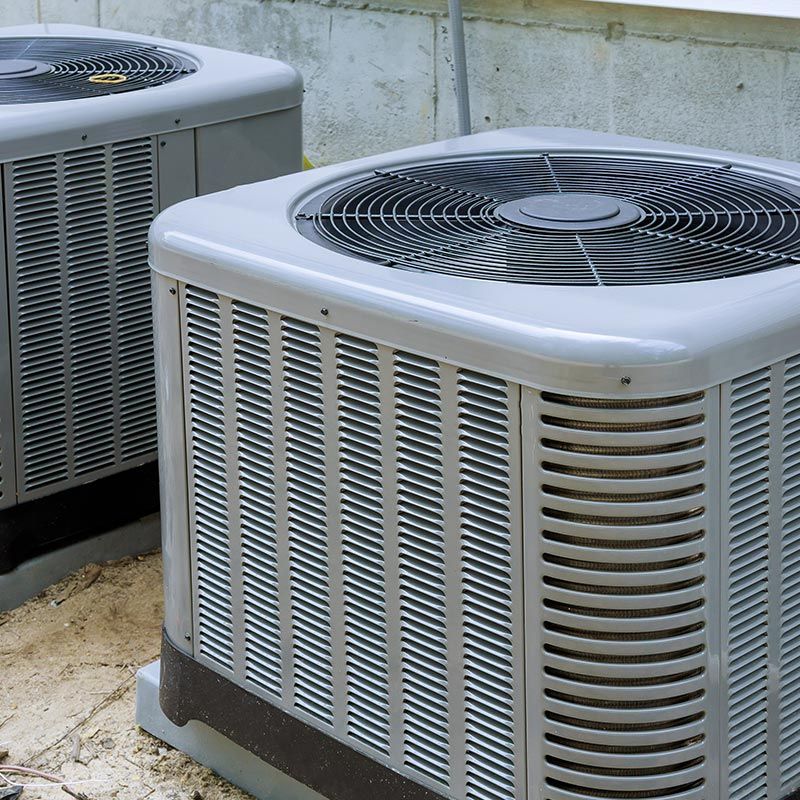
Air Conditioning Recycling
Air conditioners come in different sizes, shapes and types, including small portable units, and large commercial systems. Most air conditioners contain refrigerant gases and other compounds that are hazardous and require special handling and recycling by law. We collect and recycle all types of air conditioning equipment, and handle the CFC, HCFCs and HFCs chemicals they contain in an environmentally friendly way.
Copper Wires & Cabling Recycling
Copper is a preferred electrical conductor in nearly all electrical wiring. Thanks to its high electrical conductivity, tensile strength, and corrosion resistance, it can be found in all sorts of electrical appliances, circuits, heat sinks and cabling. We collect and recycle all types of electric wires, cables and conductors, made of all metals, including overhead aluminium cables
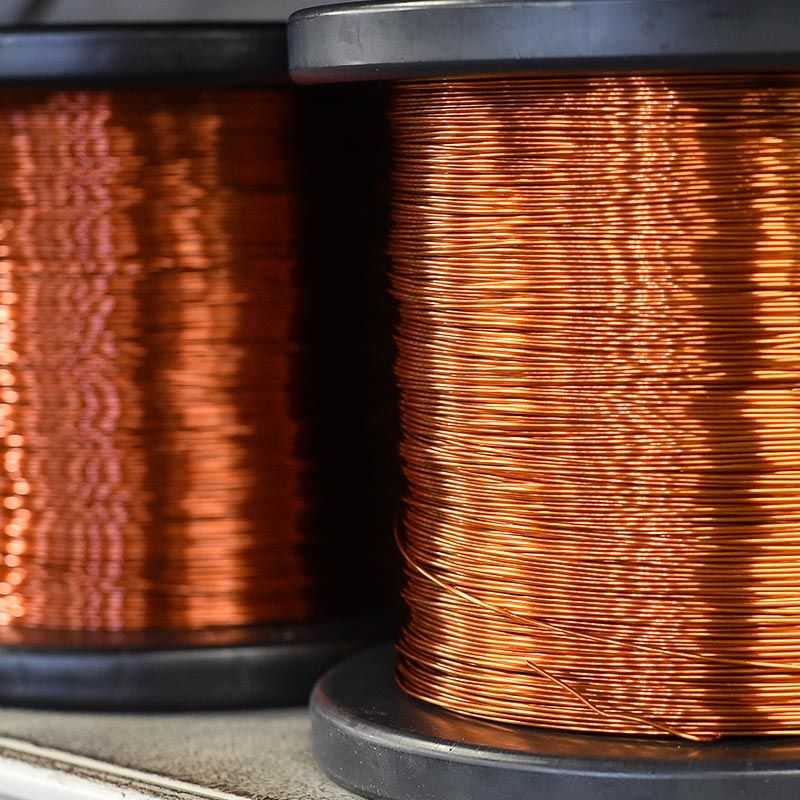
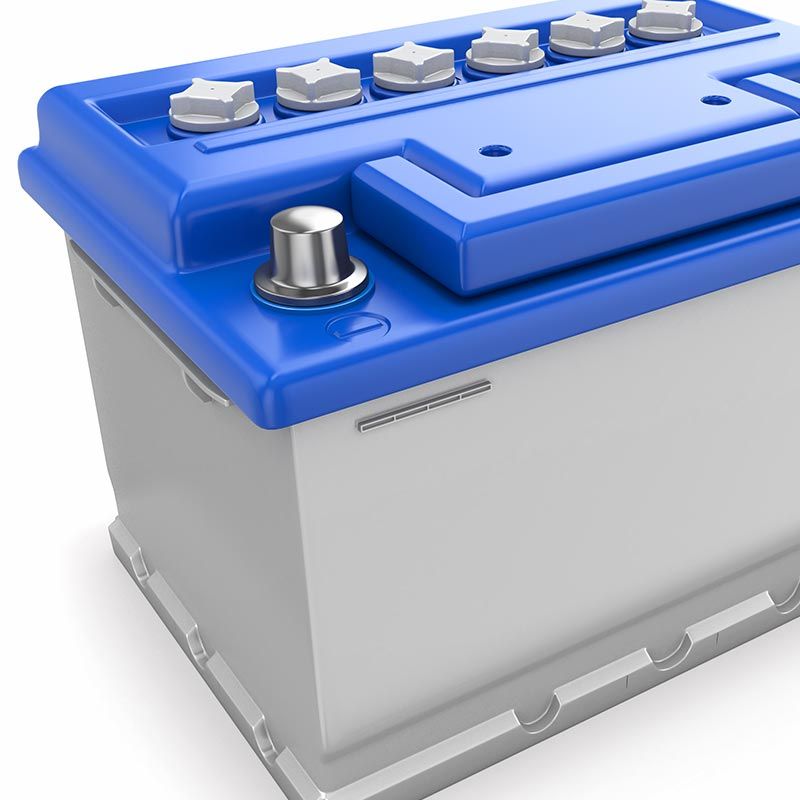
Battery Recycling
Batteries convert, generate and store energy using chemical processes. There are many different types of batteries, and most can be recycled. Since batteries contain heavy metals, acids and other highly toxic chemicals, they have to be disposed and recycled with extreme care. We collect and recycle all types of batteries and safely dispose of all chemicals they contain.
Stainless Steel Recycling
Stainless steel is an alloy of iron and chromium, which prevents the rusting process. Thanks to the presence of chromium, stainless steel has a remarkable resistance to corrosion and heat. It is one of the most recycled materials in the world and widely used in architecture, paper, chemical, beverage, transport, medical and energy industries.


Copper Recycling
Copper is a soft and highly conductive metal frequently used in thermal and electric systems. Due to its antimicrobial properties, it finds use in medical environments. Copper can be recycled without loss of quality, and the world's requirements for copper are increasingly met by recycling. A typical computer contains around 1.5 kg of copper in its circuits and wires.
Aluminium Recycling
Aluminium is a silver-white metal that became one of the most popular engineering materials thanks to its durability and low weight. It easily binds with other elements and is very resistant to corrosion. Aluminium is used across many industries, including aerospace, transportation, and construction.
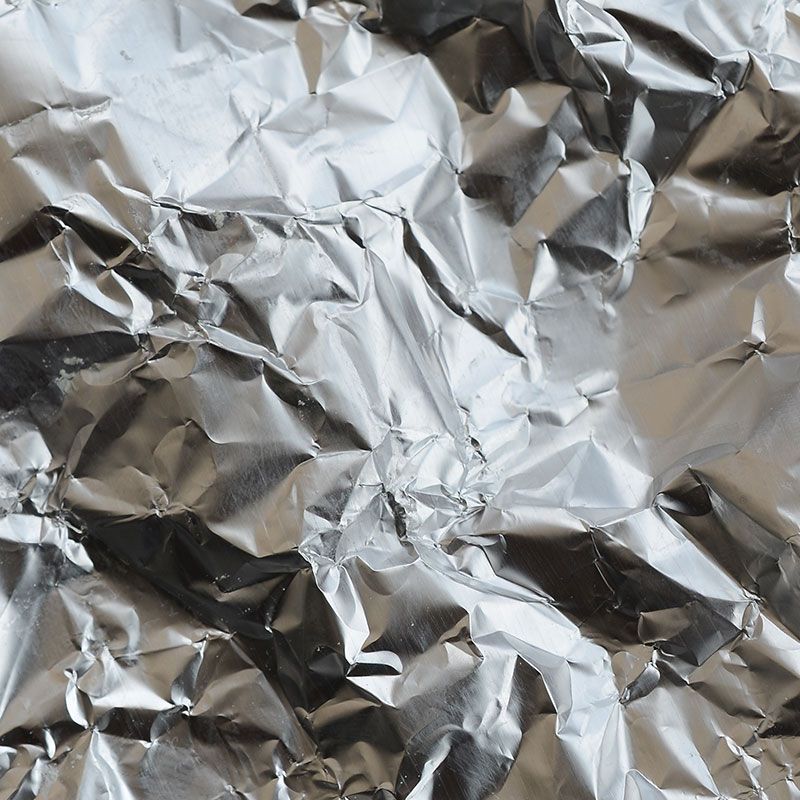
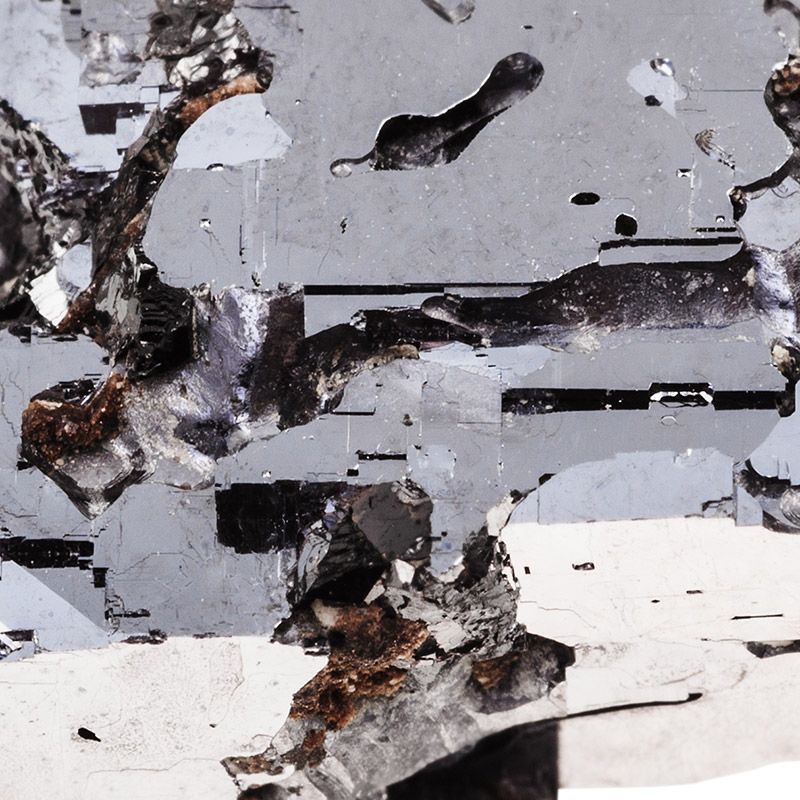
Lead Recycling
Lead is a soft, white-grey metal with a low melting point. It is a neurotoxin that damages the nervous system and has been phased out of many applications. It can be recycled indefinitely without any reduction in quality, making it ideal for a circular economy. Due to lead's resistance to corrosion, it is used as a protective sheath for underwater cables and has several uses in the construction industry, i.e. roofing. Lead is also commonly used in car batteries, x-ray equipment, radioactive material containers, and ammunition. Over half of the lead used each year comes from recycling.
Brass Recycling
Brass is an alloy composed of copper and zinc, recognised for its hardness, appearance, and resistance to corrosion. It is a very workable metal with a low melting point and has excellent heat and electrical conductivity. It is used in bathroom fixtures due to its bacteriostatic properties. Brass is non-magnetic and possesses superior acoustic properties, so became a material of choice for musical instruments, measuring tools, locks, clocks and watches.
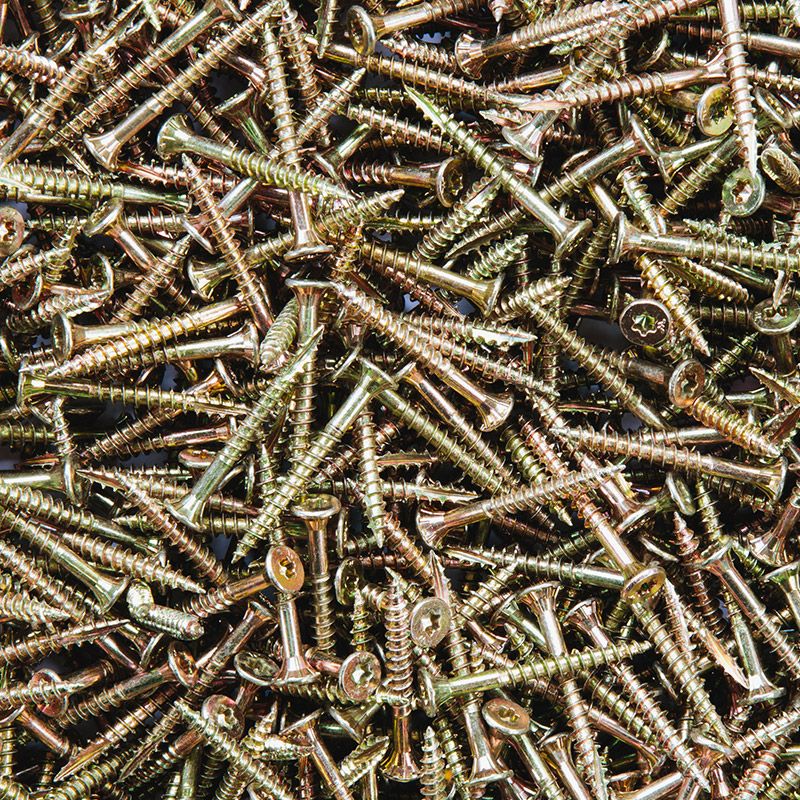
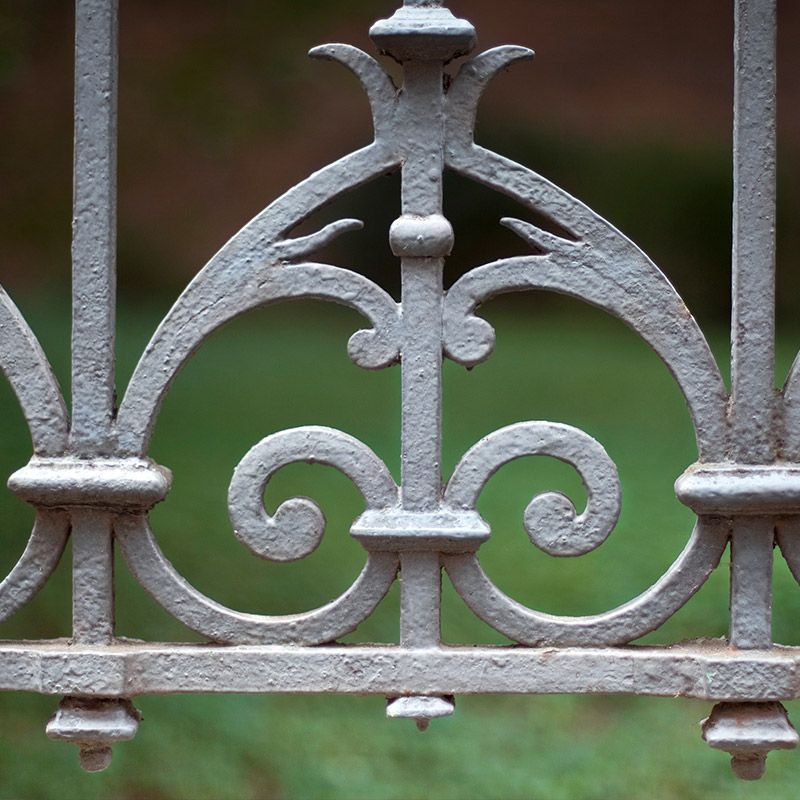
Iron Recycling
Iron is the most naturally magnetic element on the periodic table and is used more than any other metal in the world. It is the fourth most common element in the Earth's crust. The low cost of iron and its strength make it a popular choice in many industries, especially for structural applications. Pure iron is soft and very malleable but becomes very strong once made into steel, which is used to reinforce concrete in buildings.
Zinc Recycling
Zinc is a low-melting metal used in galvanising iron and steel to protect it from corrosion, and in electrical alkaline batteries. It can be recycled indefinitely without any loss of physical or chemical properties. Once oxidised, it is widely used in cosmetics, pharmaceuticals, plastics, and as a white pigment in paints. Zinc is also used to produce die-casting, which is essential in the automobile and electrical industries.
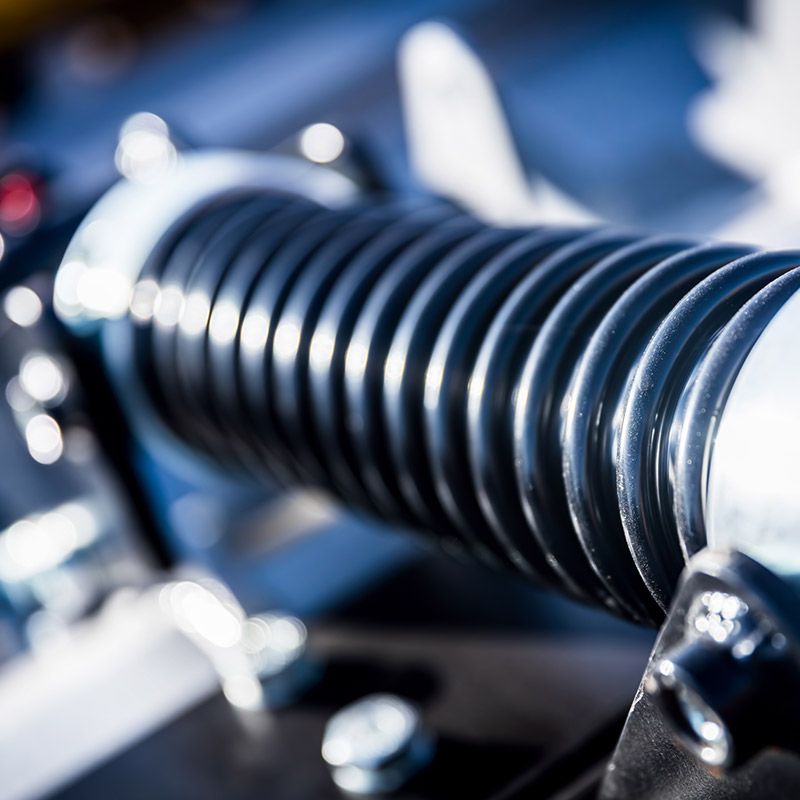
Need A Free Estimate?
We are a professional recycling company
